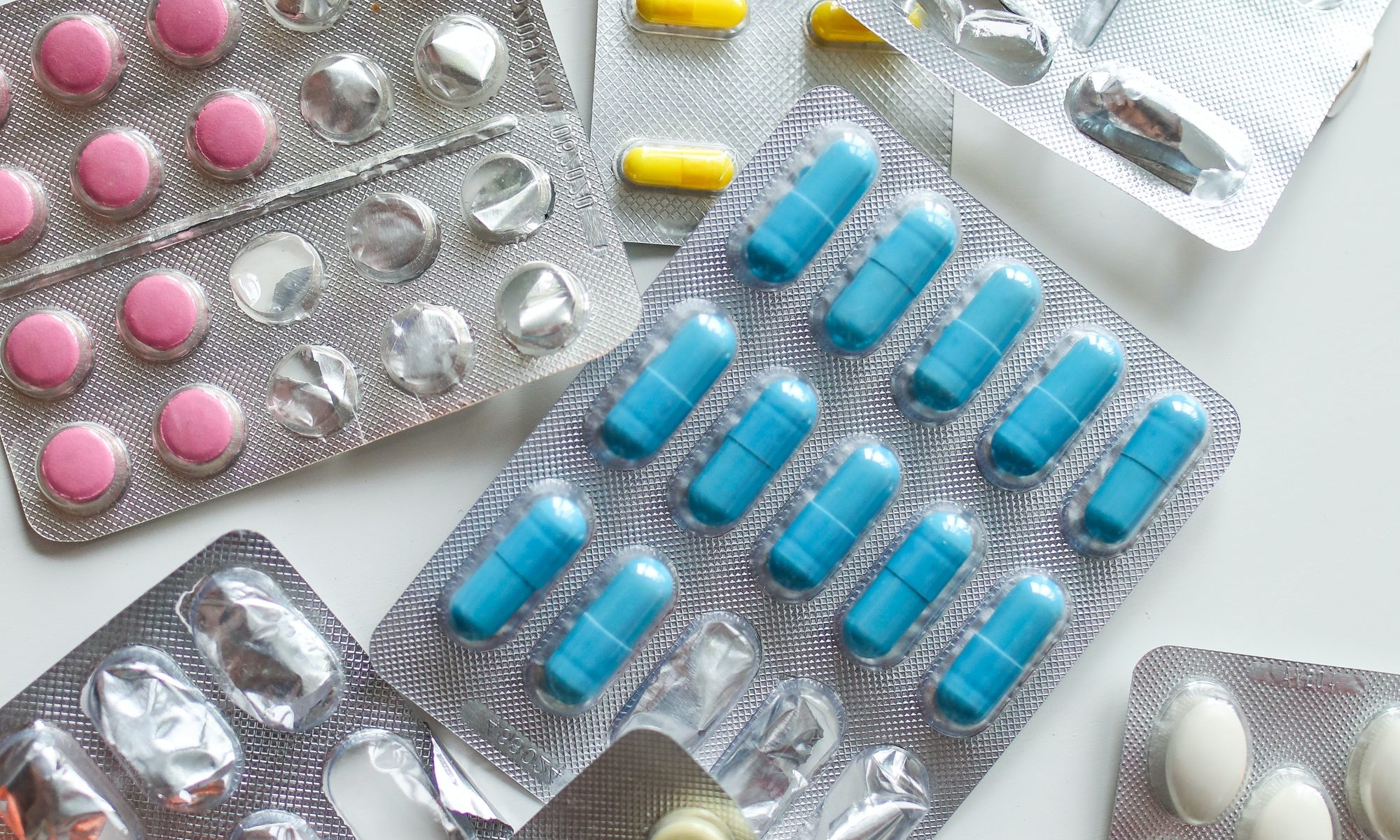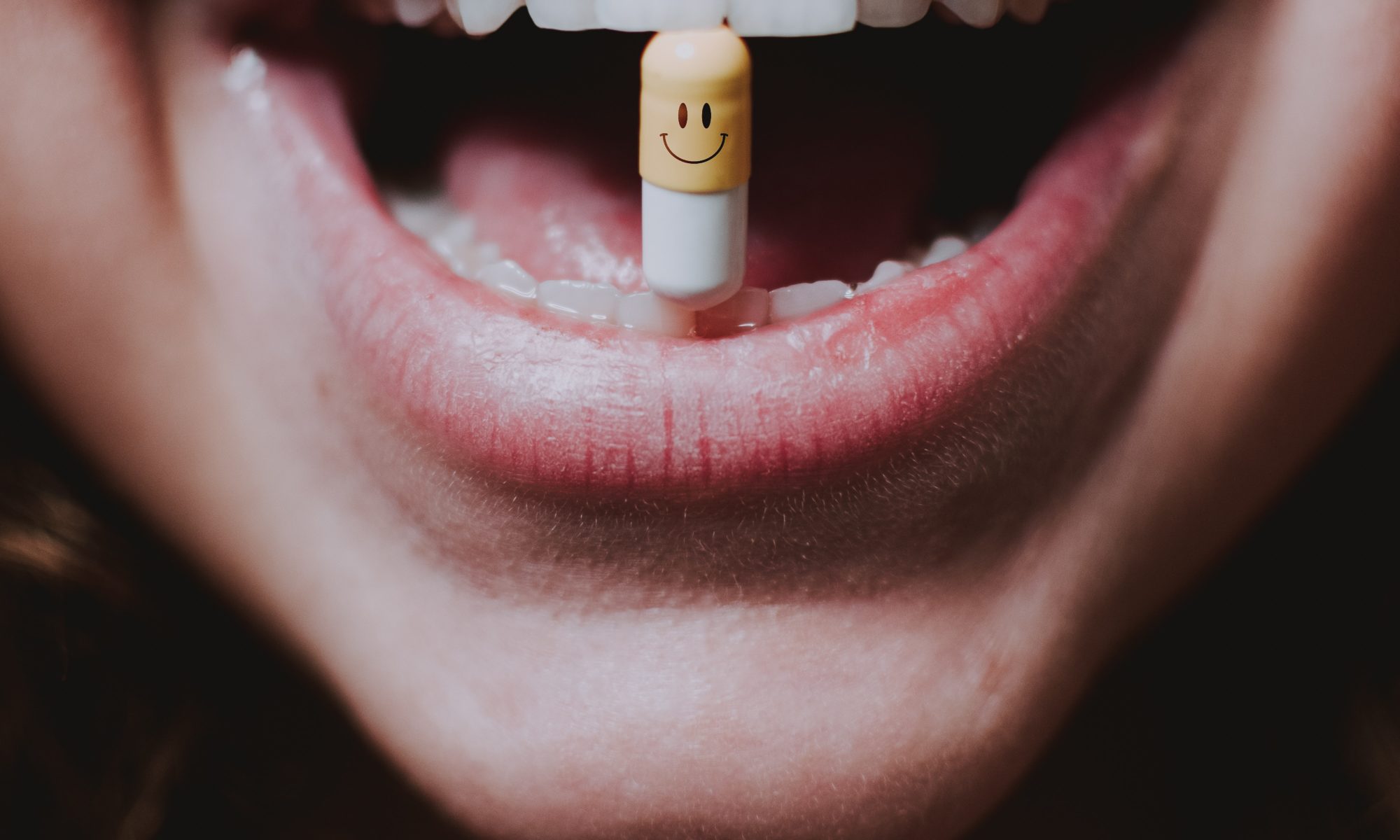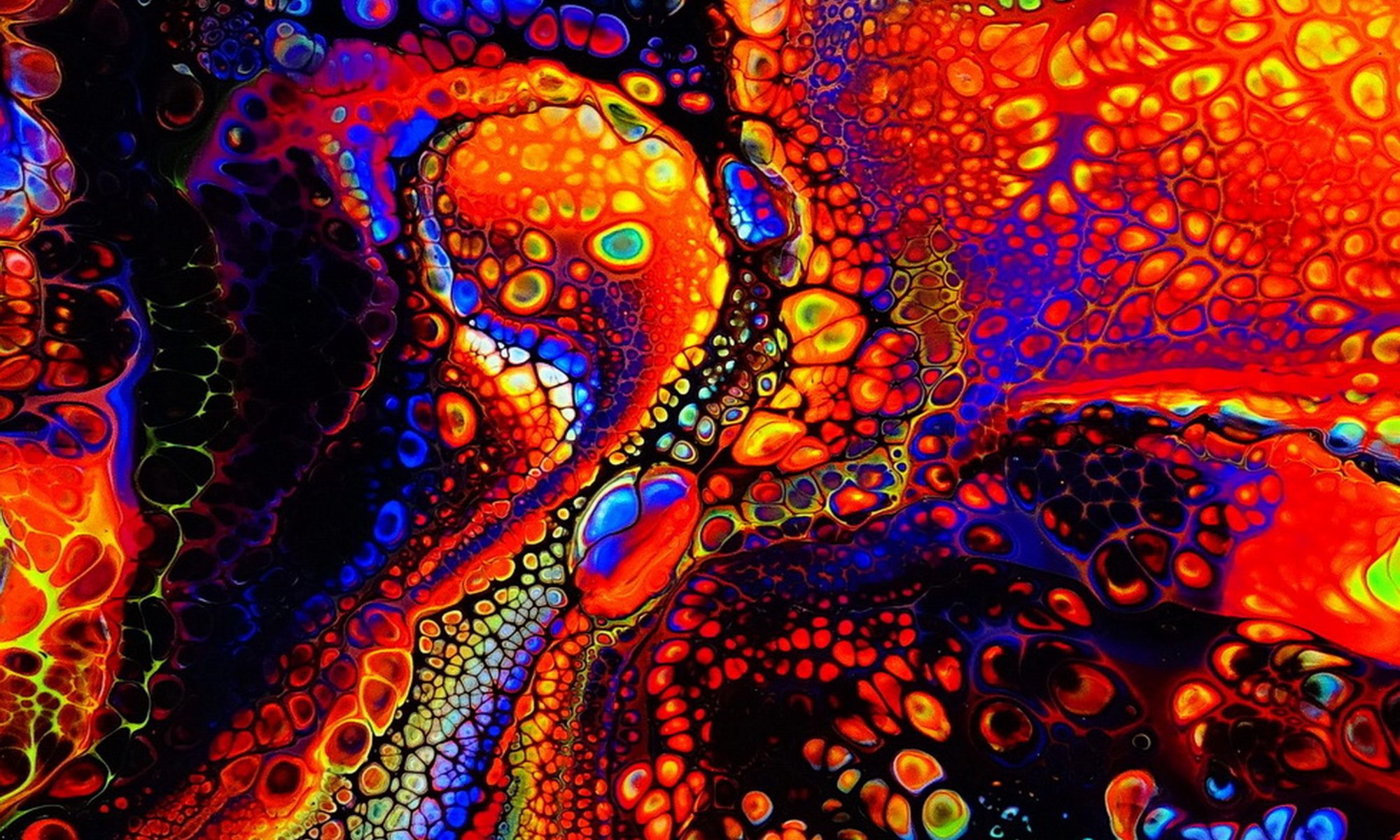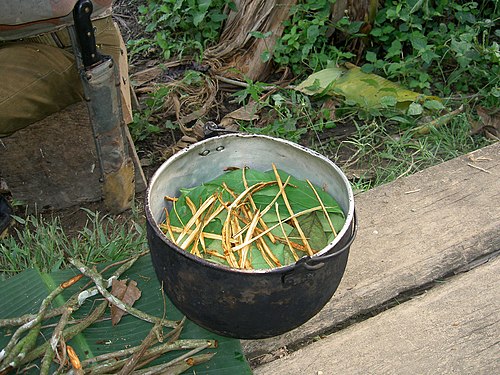Brexit Britain becomes unlikely psychedelic haven as Albert Labs IPOs
The UK is on a mission to create a world-leading clinical research ecosystem that’s more efficient and effective than ever before – and many psychedelic companies are taking advantage of the regulatory changes.
To reach this goal, the UK’s Medicines and Healthcare products Regulatory Agency (MHRA) now allows “real world data” (data collected from patients and healthcare systems outside of clinical trials) to aid in the drug approval process
This may bring psychedelic therapies to market much faster not only in the UK, but also in Australia, Canada, Singapore and Switzerland, as the MHRA joined a coalition with these countries called the Access Consortium.
Additionally, the UK may reschedule psilocybin to Schedule 2, reducing barriers to clinical research.
Just yesterday, COMPASS Pathways (CMPS) announced a strategic partnership to launch a major psychedelic research center in the UK.
Other companies to keep an eye on that may benefit from these changes include Albert Labs (ABRT), Awakn Life Sciences (AWKN), Small Pharma (DMT), Beckley Psytech, Eleusis.


















